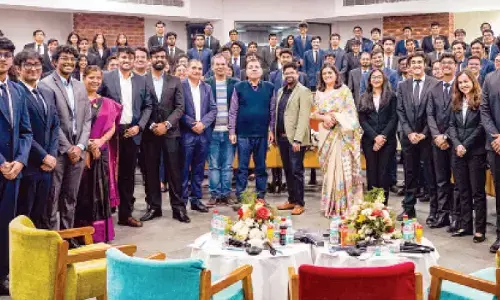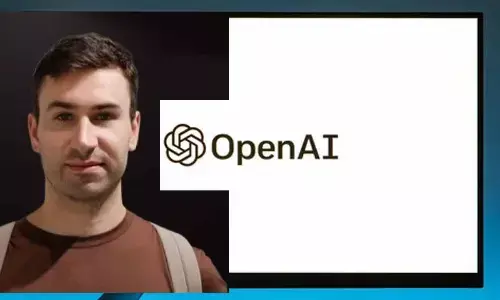MIT engineer develops vibrating pill to help treat obesity

An Indian-origin engineer at the Massachusetts Institute of Technology (MIT) has developed a new vibrating and ingestible capsule that could create a sense of fullness, tricking the brain into thinking it's time to stop eating, and one day help treat obesity.
New Delhi: An Indian-origin engineer at the Massachusetts Institute of Technology (MIT) has developed a new vibrating and ingestible capsule that could create a sense of fullness, tricking the brain into thinking it's time to stop eating, and one day help treat obesity.
The ingestible capsule vibrates within the stomach, which activates the same stretch receptors that sense when the stomach is distended, creating an illusory sense of fullness.
In animals who were given this pill 20 minutes before eating, the researchers found that this treatment not only stimulated the release of hormones that signal satiety, but also reduced the animals' food intake by about 40 per cent.
"For somebody who wants to lose weight or control their appetite, it could be taken before each meal," said lead author Shriya Srinivasan, a former MIT graduate student and postdoc student.
"This could be really interesting in that it would provide an option that could minimise the side effects that we see with the other pharmacological treatments out there," added Srinivasan, now an assistant professor of bioengineering at Harvard University.
In the paper, published in the journal Science Advances, Srinivasan explained that when the stomach becomes distended, specialised cells called mechanoreceptors sense that stretching and send signals to the brain via the vagus nerve. As a result, the brain stimulates production of insulin, as well as hormones such as C-peptide, Pyy, and GLP-1.
All of these hormones work together to help people digest their food, feel full, and stop eating. At the same time, levels of ghrelin, a hunger-promoting hormone, go down.
"I wondered if we could activate stretch receptors in the stomach by vibrating them and having them perceive that the entire stomach has been expanded, to create an illusory sense of distension that could modulate hormones and eating patterns," Srinivasan said.
Her team designed a capsule about the size of a multivitamin that includes a vibrating element. When the pill, which is powered by a small silver oxide battery, reaches the stomach, acidic gastric fluids dissolve a gelatinous membrane that covers the capsule, completing the electronic circuit that activates the vibrating motor.
In a study in animals, the researchers showed that once the pill begins vibrating, it activates mechanoreceptors, which send signals to the brain through stimulation of the vagus nerve.

















